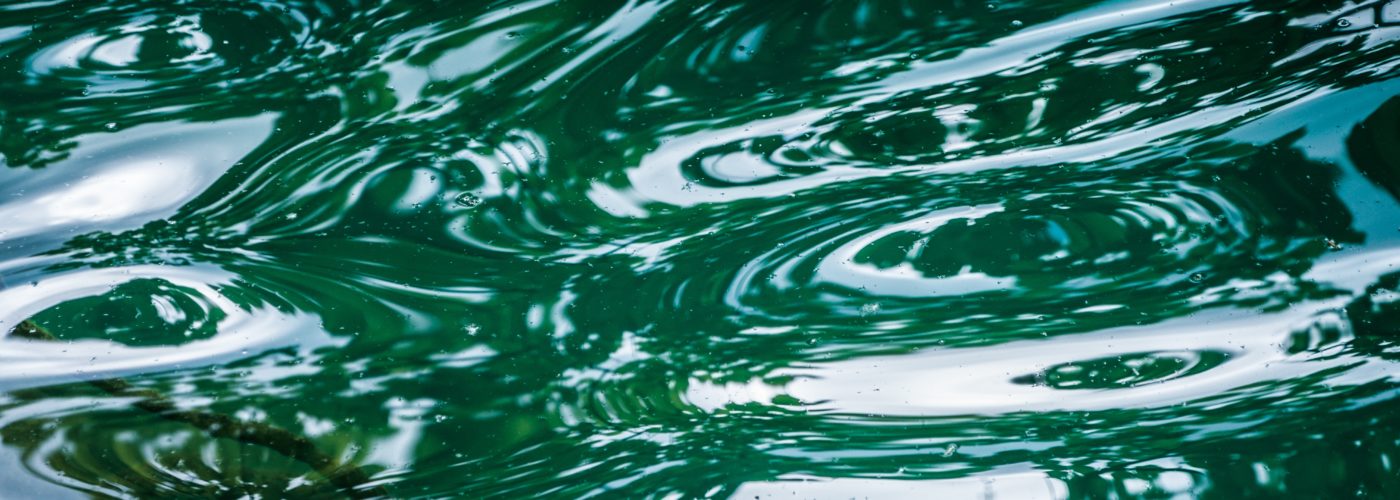A new wastewater treatment plant in England will trial an approach that could help more European countries reuse higher amounts of water and generate cleaner energy too
Climate change is increasing the risk of water shortages across Europe, but if societies made the most of every drop the 100 million people facing water stress would be much better off – and may even have a new source of energy.
In Redditch, England, a new wastewater treatment plant will use a combination of micro-filters and bacteria to turn sewage into reusable water and generate methane from the separated waste. The recovered methane could then be used to power the entire process.
Peter Vale, technical lead of the plant at Severn Trent Water, a water utility company in England, said: “It fundamentally changes the energy balance of sewage treatment – we switch from being energy-intensive to maybe energy-neutral or even energy-positive.”
The technology that makes this possible has existed for a few years, but it has never been applied to northern Europe because the bacteria do not like the colder climate. But by recreating their ideal environment within the process, colder countries could soon utilise the technology.
The new wastewater treatment plant will be built in the coming year and act as a demonstration site for other northern European regions looking to learn how to better harvest energy from wastewater. Once it is up and running it will treat up to 500,000 litres of sewage a day, which Vale says is equal to around a thousand households.
“It does open up the possibility of more use of the treated effluent [wastewater] because you use the membrane [a barrier that blocks contaminants] and that effectively disinfects it,” said Vale. The clean water these plants create can be reused for agriculture, industrial use or processed further for human consumption and that translates into less water needed to be taken from the environment. An EU-wide project called NextGen will use Redditch’s new wastewater treatment plant as a demonstration site to help other regions reduce their need to extract. But greater uptake of reuse technology in Europe, and beyond, requires a change in how wastewater and its by-products are perceived.
Each year, 40,000 million cubic metres of wastewater in the EU is treated, but only 964 million cubic metres is reused.
Vale says clean energy helps spur interest into water reuse technology, but scaling up such solutions needs better legislation that can reframe treatment plants as a source of new materials rather than waste by-products. For instance, government subsidising materials like treated water and recovered fertilisers could see them become more attractive alternatives to conventional options.
Clogged policies
For this to happened standards on water quality need to be implemented so the public and private sector feel confident that products coming from treatment plants can be applied, for example, in growing our food.
According to Sergiy Moroz, senior policy officer for water at the European Environmental Bureau, an NGO based in Brussels, the standards required for reclaimed water are currently being negotiated in Brussels and once adopted should help uptake of water reuse.
“However, there are challenges with implementation of broader water policy in the EU. We’ve had legislation on the books for 19 years,” he said, warning the delay of implementation at a national level is adding pressure to Europe’s existing supplies. “Only 40% of our rivers, lakes and groundwater are at good status – they are facing both pollution problems and over extraction problems as well.”
Climate change will see droughts become more frequent and exasperate the situation further, which Moroz says makes it imperative that member start to “prepare and adapt” to deal with the complex and interlinked issues the environment faces.
Better government support will help water reuse address part of this challenge, but Moroz adds that we cannot focus on efficiency alone because society needs wider management strategies that protect and restore freshwater ecosystems where our water comes from – and how much we take from there.
